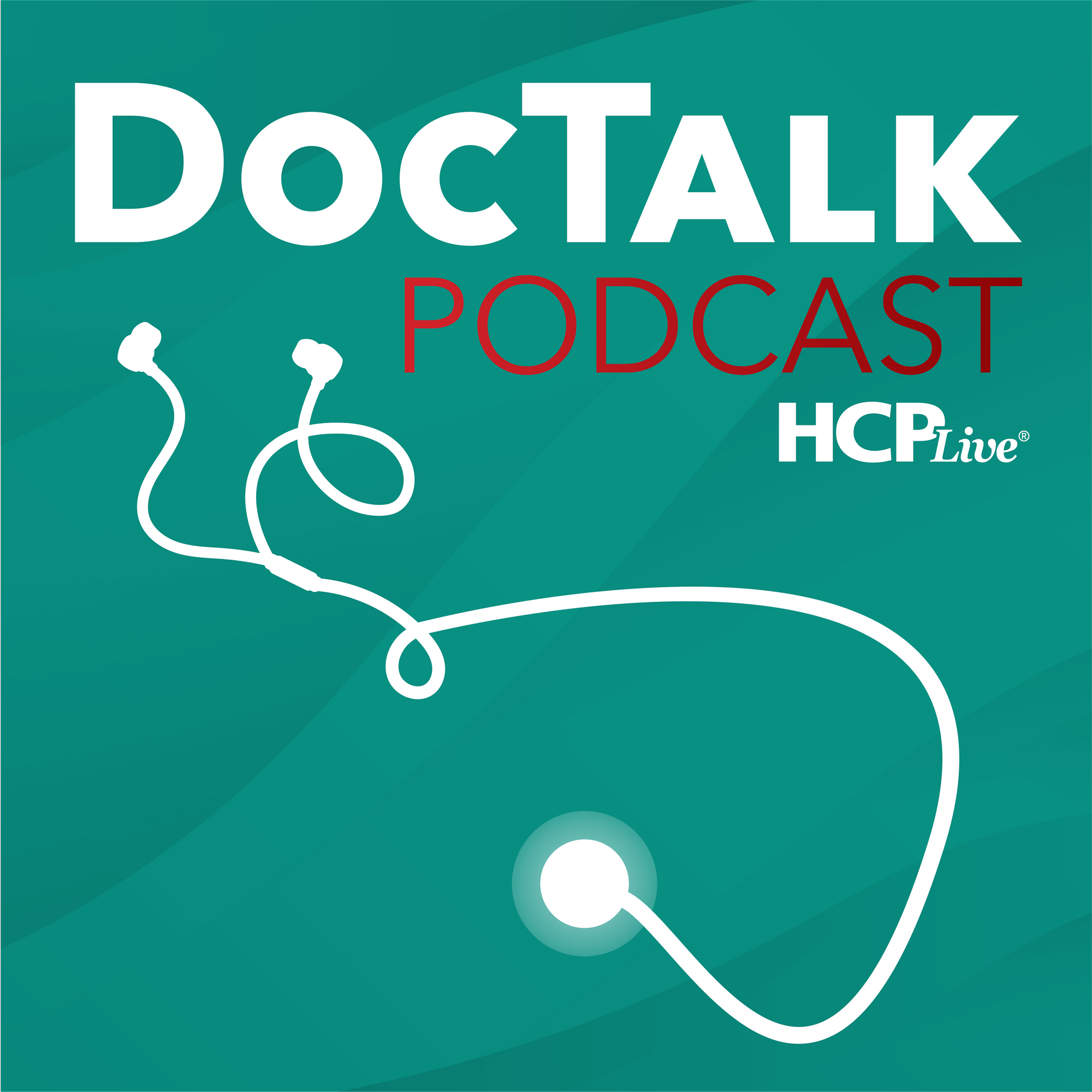Article
More Support Needed For Atopic Dermatitis in Europe to Lessen Burden, Costs
Author(s):
The recommendations are for how stakeholders and policy makers should support improvements in managing atopic dermatitis to achieve better disease control and ultimately reducing the costs and burden on individuals, society, and the economy.
Dr. Matthias Augustin

Undertreated and uncontrolled atopic dermatitis is seen as major issues leading to substantial societal costs in Europe.
A team of experts from the European Atopic Dermatitis Working Group, led by Dr. Matthias Augustin, University Medical Center Hamburg, presented guidance on building consensus, advancing research, sharking knowledge to improve atopic dermatitis care outcomes through long-term symptom control.
The Problem
About 4.4% of adults in Europe and 18.6% of pediatric patients have atopic dermatitis, with 20% of all cases in the moderate-to-severe forms. The total annual expenditure associated with adult moderate-to-severe atopic dermatitis in Europe is estimated to be $30 billion annually.
With this comes significant societal costs related to missed workdays or reduced work productivity, medical costs, and personal expenditures of patients and families.
“[Atopic dermatitis] can also substantially impact physical, emotional, and social quality-of-life,” the authors wrote. “Due to the debilitating nature of the condition, it is associated with a substantial burden that extends into all aspects of the patient's life, including their emotional wellbeing, relationships and work/school performances, as well as their daily routines.”
The Burden
There has been research showing the debilitating itch-scratch cycle is the main cause of burden by causing substantial sleep deprivation and stigmatization because of the physical appearance of skin. This can also lead to confidence issues.
This can lead to psychosocial issues that can cumulate over time and prevent patients from reaching their “full life potential.”
However, there is still a growing problem in which patients are often undertreated, resulting in uncontrolled symptoms and greater strain on patients, society, and the economy.
The recommendations are for how stakeholders and policy makers should support improvements in managing atopic dermatitis to achieve better disease control and ultimately reducing the costs and burden on individuals, society, and the economy.
Recommendations
One of the goals of the white paper is to increase the understanding of atopic dermatitis among policy makers, healthcare professionals, and payers.
“There is a perception that dermatological diseases have been of low priority for most governments, and even with recent therapeutic advancements, this field has been regarded as non-fatal and thus understated,” the authors wrote.
The investigators also suggest prioritizing funding for effective treatment to control the disease and improve the support given to patients. Part of this is to consider patient needs in planning treatment and care plans, improve public awareness on the importance of effective treatment, and starting patient care as early as possible to avoid cumulative life course impairment.
“Despite the substantial economic and humanistic burden of moderate-to-severe [atopic dermatitis], there is still a lack of priority amongst multiple stakeholders in the treatment, care and support for patients and families living with the disease,” the authors wrote. “Ultimately, this leads to undertreatment and inadequately controlled symptoms, further increasing the burden.”
The study, “Unveiling the true costs and societal impacts of moderate-to-severe atopic dermatitis in Europe,” was published online in the Journal of the European Academy of Dermatology and Venereology.





